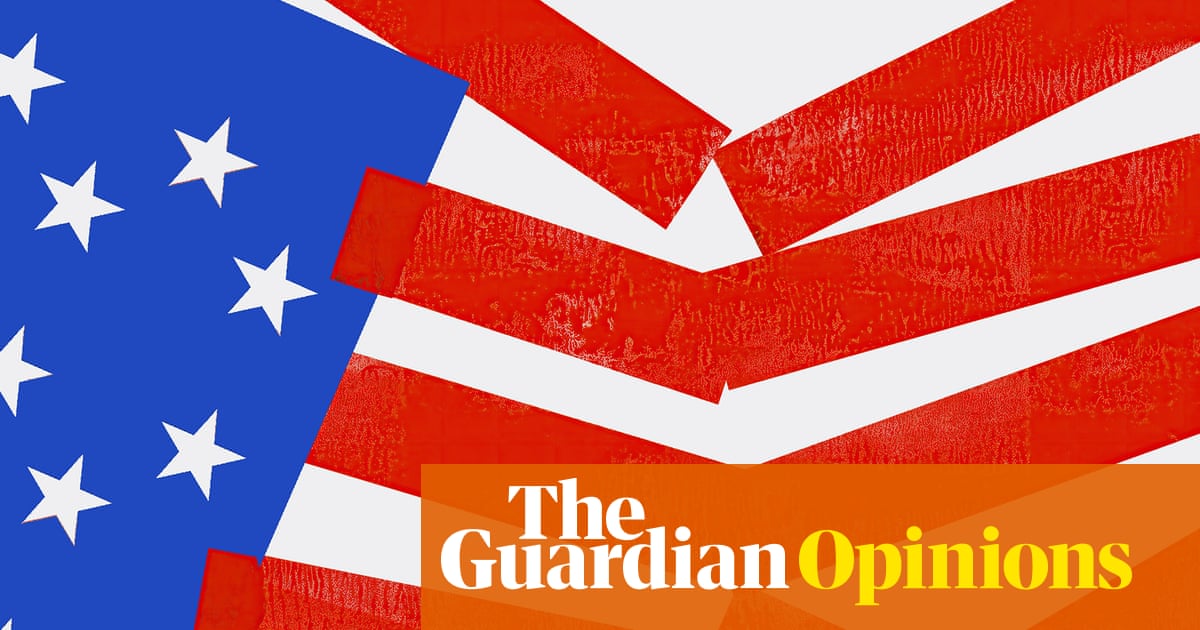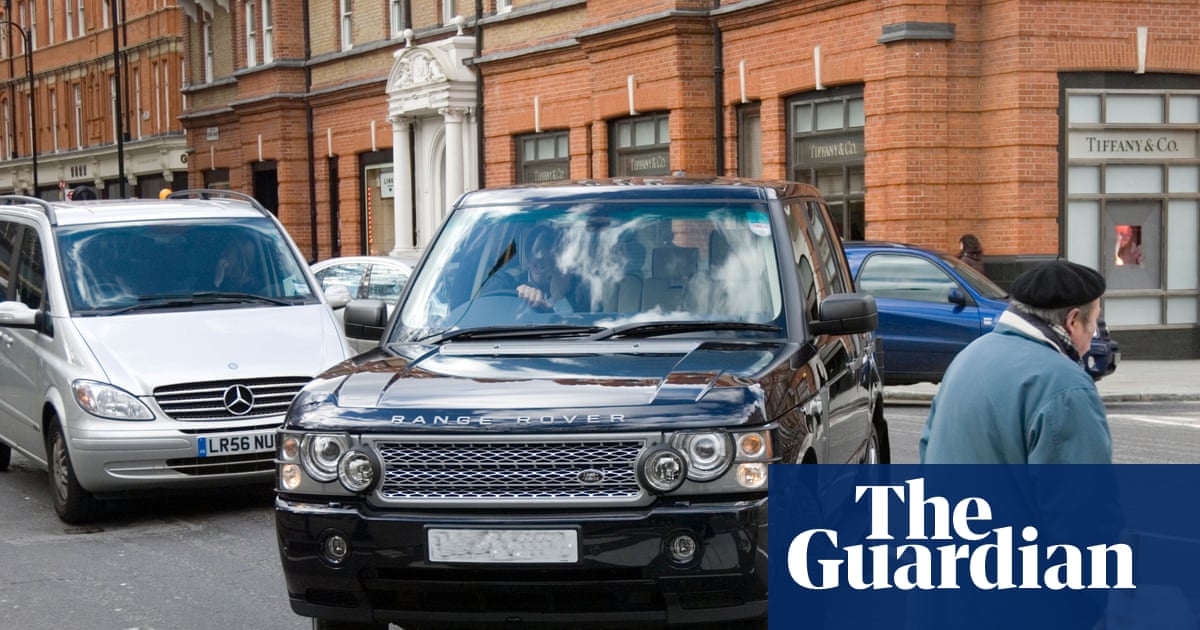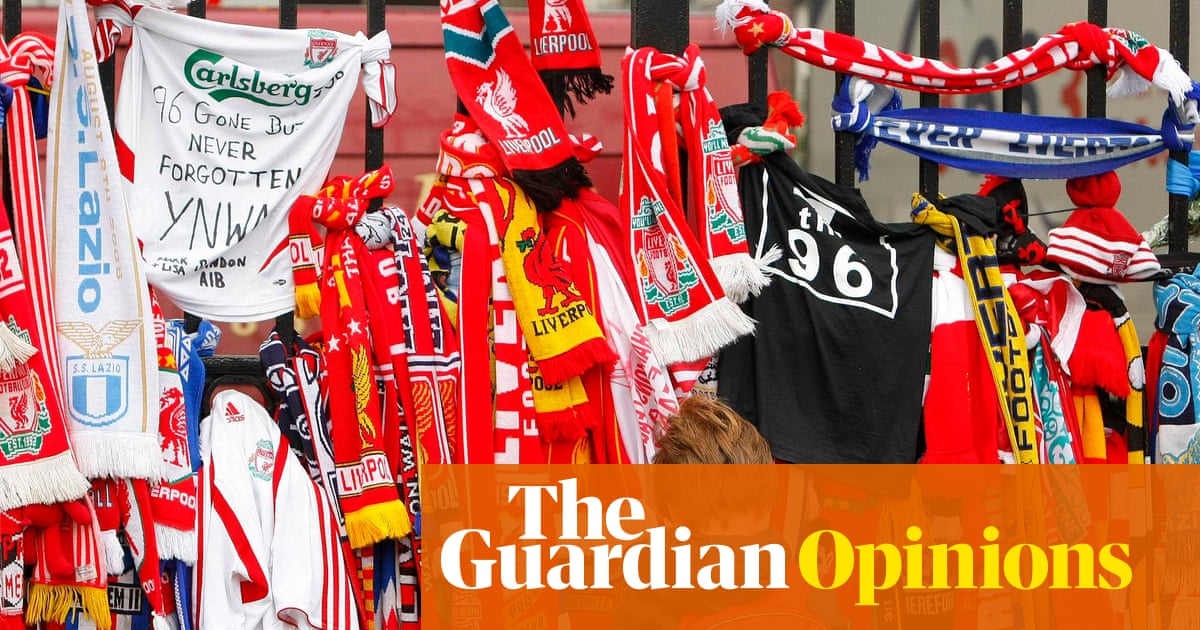For the Tories to attack Keir Starmer’s first step towards a Brexit reset is monumental hypocrisy. Their Brexit led to £4.7bn being spent on implementing post-EU border arrangements, according to the National Audit Office, including a vastly expensive “take back control” border post at Sevington in Kent. No other country in the world can have erected such ludicrous barriers against its biggest trading partners. All are now wasted. At least the nonsense can stop. Memorial plaques to Boris Johnson should be pinned to their gates and passersby invited to sign a 50-page customs form in his memory.
Meanwhile, Starmer should hang his own head in shame. He was Jeremy Corbyn’s Brexit henchman back in 2019, when Labour voted down Theresa May’s bid to negotiate a soft Brexit deal that would certainly have gone beyond what was signed this week. It was Starmer who helped to scotch at least a possible Commons coalition against hard Brexit and in favour of sanity. It was Corbyn and Starmer who could have stifled five years of the greatest act of self-harm by a British government since the Great Depression.
After the British public voted to leave the EU in 2016, the main reason they gave pollsters was immigration. There was little evidence of opposition to EU trade or membership of Europe’s wider economic community. So-called hard Brexit was adopted entirely by Johnson and those round him as a tool to oust May from Downing Street. Mendacious garbage was issued by his campaigners to claim it would benefit Britain. Public interest was hijacked by power.
The outcome was and is glaring. All serious estimates, official and unofficial, accept that Brexit has made Britain poorer to the tune of tens of billions of pounds. The result can be seen in slowed growth and worse public services. There is not a remote chance of recouping the losses in the foreseeable future. Deals reached with Australia, India and the US cannot begin to redress the harm of hard Brexit.
This week’s political reaction to Starmer’s deal was absurd. The UK’s negotiating strength with the EU was crippled by Brexit. Of course Britain must sign up to EU food standards if it really wants to trade. The EU is the bigger market, as is the US. Of course extended fishing rights for European fleets is a concession, though it reflects a concession already made by Johnson. So too is freer movement for Europe’s young people. Does Nigel Farage really regard this as “abject surrender”? Does he really want to keep open the Sevington border checkpoint and ban e-gate use at airports? Unwilling to put his case to Starmer in the Commons this week, he scurried through an e-gate for a holiday, apparently in France. To him, Brexit has always been a game.
I once opposed EU membership as I thought on balance that a looser free trade area, like the European Free Trade Association, was more in line with Britain’s place in the world. In retrospect, I was wrong. The stability of western Europe over the past half a century has vindicated British membership. Margaret Thatcher was right to negotiate the 1986 single market agreement, but John Major was right at Maastricht to avoid greater union, as was Tony Blair to avoid the euro. Throughout history, Britain’s relations with Europe have always been best when semi-detached.
Since Brexit, two changes should now influence the debate. First, the issue of immigration is consuming all of Europe, desperately requiring international cooperation. The EU’s internal borders have begun to harden and the open door of Schengen has begun to close. Within Britain, the overwhelming majority of annual immigrants are legal, authorised with government visas for work or study. Recruiting immigrants to the labour force was Tory policy. How Brexit was ever expected to reduce this is a mystery.
Meanwhile, and despite public feeling on immigration, polls show a strong majority now regrets Brexit, with 55% of Britons saying it was wrong compared with the 52% of those who voted supporting it nine years ago. Just three in 10 people now approve of Britain having left the EU. People realise they were lied to. British companies can only “take control” of trading by not trading.
That realisation has now been curbing not just farming and food, but manufacturing, services, academic and cultural exchange, and tourism. Even orchestras have had to stop touring. Other European states outside the EU have not so isolated themselves. Hard Brexit was xenophobic, economically illiterate and narrow-minded. I am sure most public figures who supported it, for whatever reason, know this is true but lack the guts to admit it.
From the day Brexit arrived, the laborious reset process that began this week was inevitable. When public opinion is allied to economics and common sense, something has to give. But it will be slow. The EU owes Britain nothing for its behaviour over the past decade.
An apology from the Brexit lobby is too much to hope for. Silence might be a relief. Meanwhile, Starmer should mean what he says: that this is only a first step. We don’t have to “undo Brexit” – at least in this generation – but we must re-establish civil and commercial relations with the continent of which we are a part. An appalling mistake was made. It awaits correction.
-
Simon Jenkins is a Guardian columnist

.png) 3 months ago
61
3 months ago
61

















































